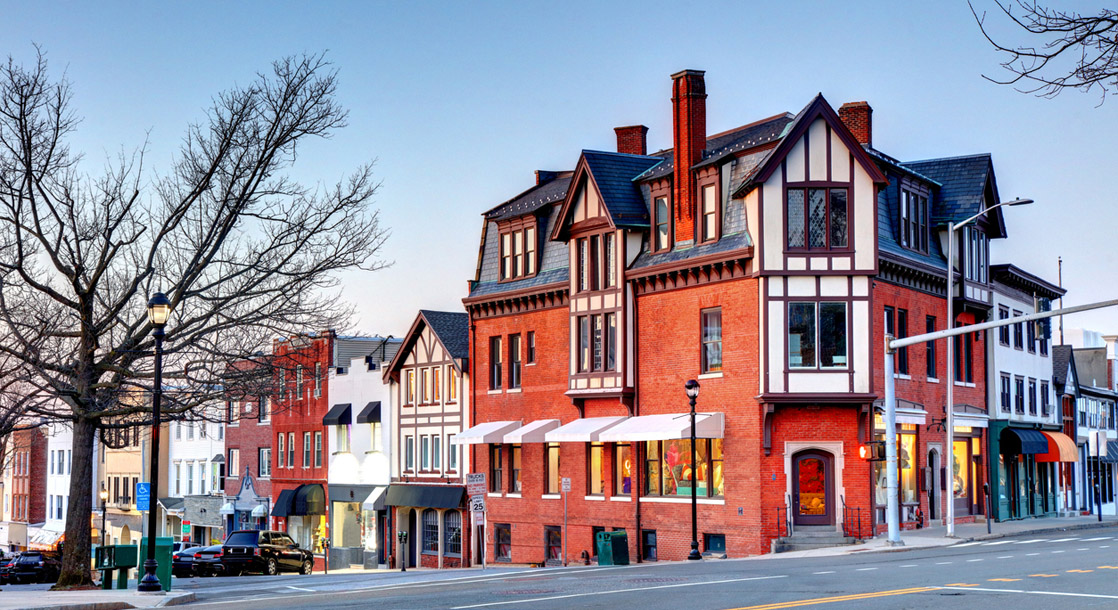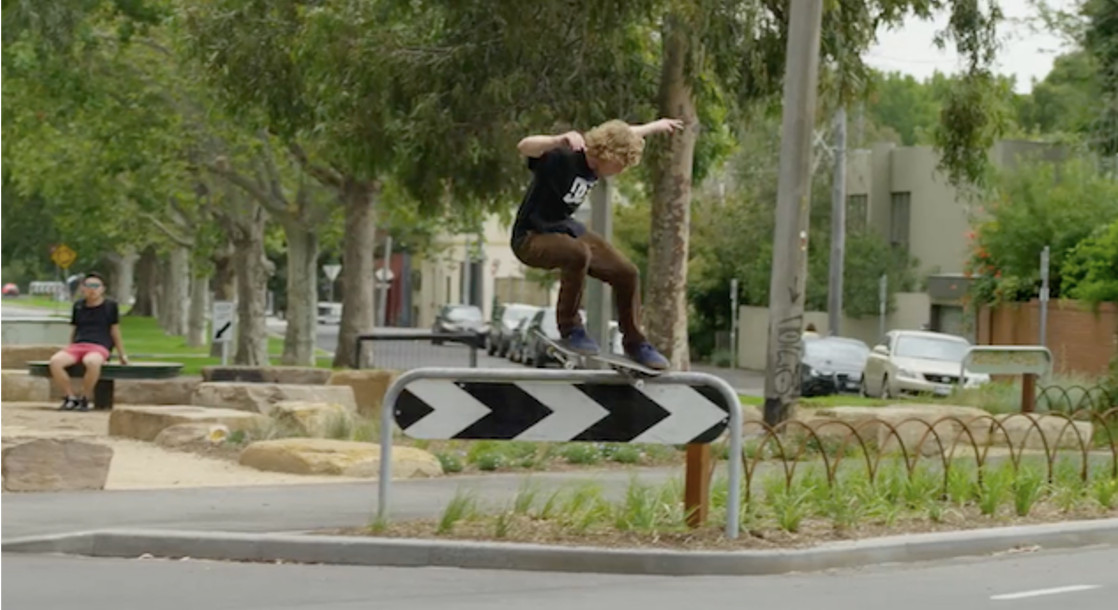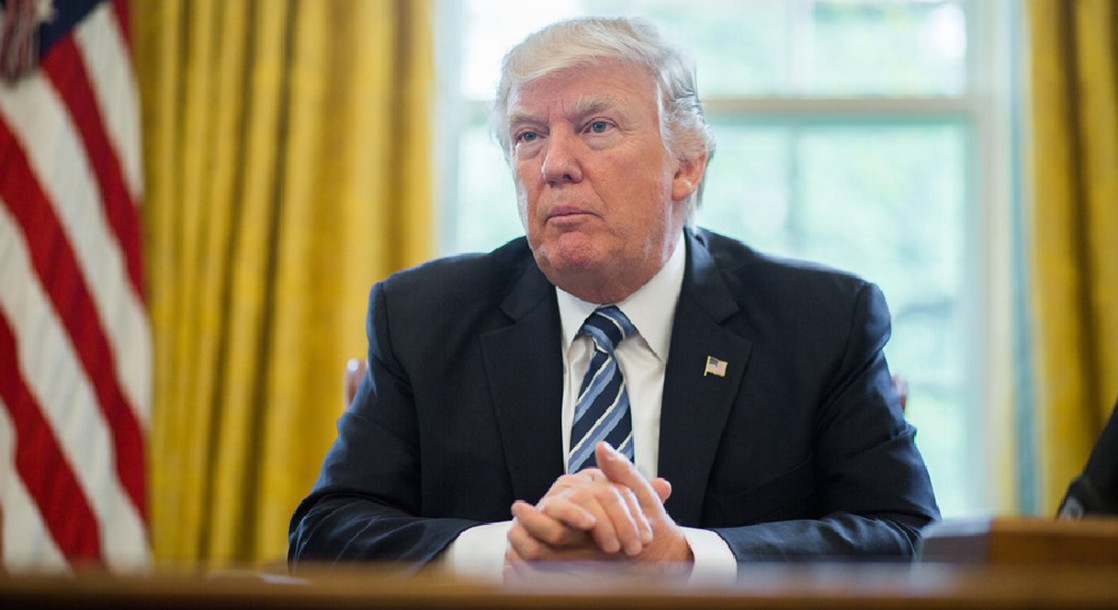More than 55 percent of Connecticut towns and cities have made the smart decision to opt-in to the state’s brand-new adult-use cannabis market.
Like most other adult-use states, Connecticut has allowed each of its 169 municipalities to decide whether or not to allow legal cannabis businesses to operate within their jurisdictions. And according to a series of surveys conducted by Hearst Connecticut Media, only 75 localities have decided to ban or delay legal weed sales to date.
Anti-cannabis group Smart Approaches to Marijuana (SAM) has been working hard to discourage towns from saying yes to weed. But despite the group’s expensive lobbying, only 22 municipalities have actually gone so far as to ban cannabis sales entirely. The city of Newtown did ban legal weed on the very day that Connecticut’s adult-use law went into effect, and several towns in Fairfield County followed suit.
The city of Greenwich also decided to opt out of local pot sales after realizing that marijuana is still prohibited by federal law. Katie DeLuca, Greenwich’s director of planning and zoning, told CTInsider that city officials did not consider “the merits of recreational or medicinal marijuana” to be a relevant topic of debate during their meeting. “The reason is that they found that there was a legal conflict between state and federal law in that state law permits such uses and federal law does not. In such instances, federal law takes precedent.”
This is perfectly true, of course, but in the eight years that US states have been legally selling adult-use cannabis, the federal government has yet to take punitive action against any state-legal weed business. So, it’s a bit of a reach to conclude that the feds would suddenly decide to take issue with one specific Connecticut town that decided to comply with the state’s cannabis laws.
Other localities are also erring on the side of caution, but are choosing to delay legal weed sales rather than banning them outright. So far, 53 localities, including Danbury, Norwalk, and Ridgefield, have issued nine- to twelve-month moratoriums on allowing cannabis businesses to open. During this time, local officials intend to review the adult-use law, listen to public feedback, and create specific local regulations.
Most local governments are embracing legal weed sales with open arms, though. Andover town administrator Eric Anderson told CTInsider that his town is “actively recruiting cannabis businesses,” and officials in East Hartford have already opened a detailed webpage to field questions about the city’s new cannabis business zoning regulations.
“I think the general sentiment of the community as a whole was that it was legalized by the state of Connecticut,” said Eileen Buckheit, East Hartford director of development. “We thought it was inevitable that it was going to be in the state of Connecticut, and we would rather participate in that and take advantage of the sales tax.”
Any municipality that opts in to the adult-use market can levy an additional 3 percent tax on local sales. “Three percent of $20 million is a good chunk of change for the city,” said Kevin Brown, executive director of the Norwich Community Development Corporation, to CTInsider, citing a recent estimate of annual weed sales in Norwich. “You can hire 20 cops with that money. You can hire 20 youth and family services staff with that money.”
Connecticut’s overall acceptance of legal cannabis is heartening, especially given the problems that opt-outs have caused in other states. In California, nearly 80 percent of all local municipalities have enacted local cannabis bans, which means that most Californians have to drive hundreds of miles to buy legal pot. This lack of availability has convinced many people to stick with illicit weed, which is one of many reasons that California’s black market still outsells the legal industry.
So far, the East Coast has been way more open to legal weed on the local level. In New York, which legalized adult-use sales a few months before Connecticut, more than 60 percent of localities have opted-in to the adult-use industry. The Empire State has pushed legal sales back to the end of 2023, though, and Connecticut is already making moves to issue weed business licenses this month.











